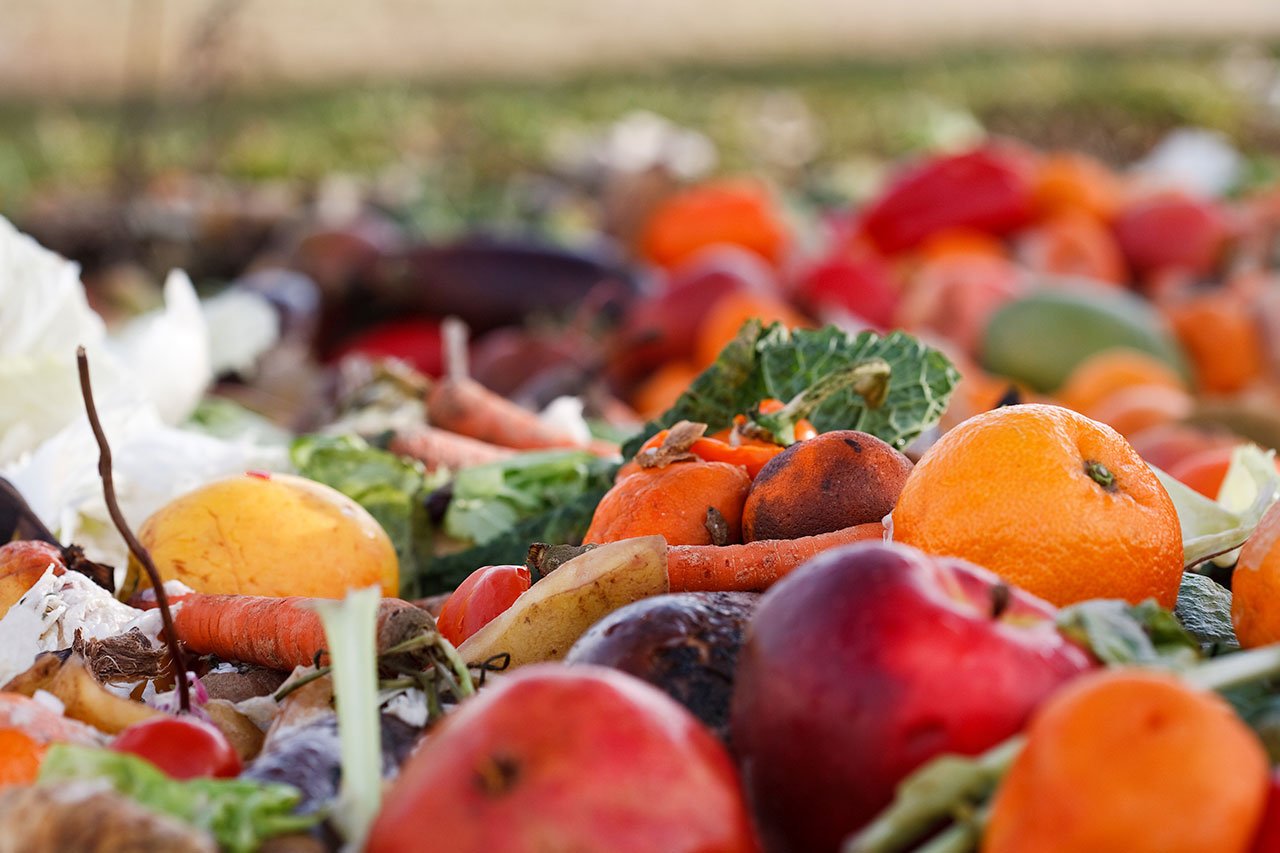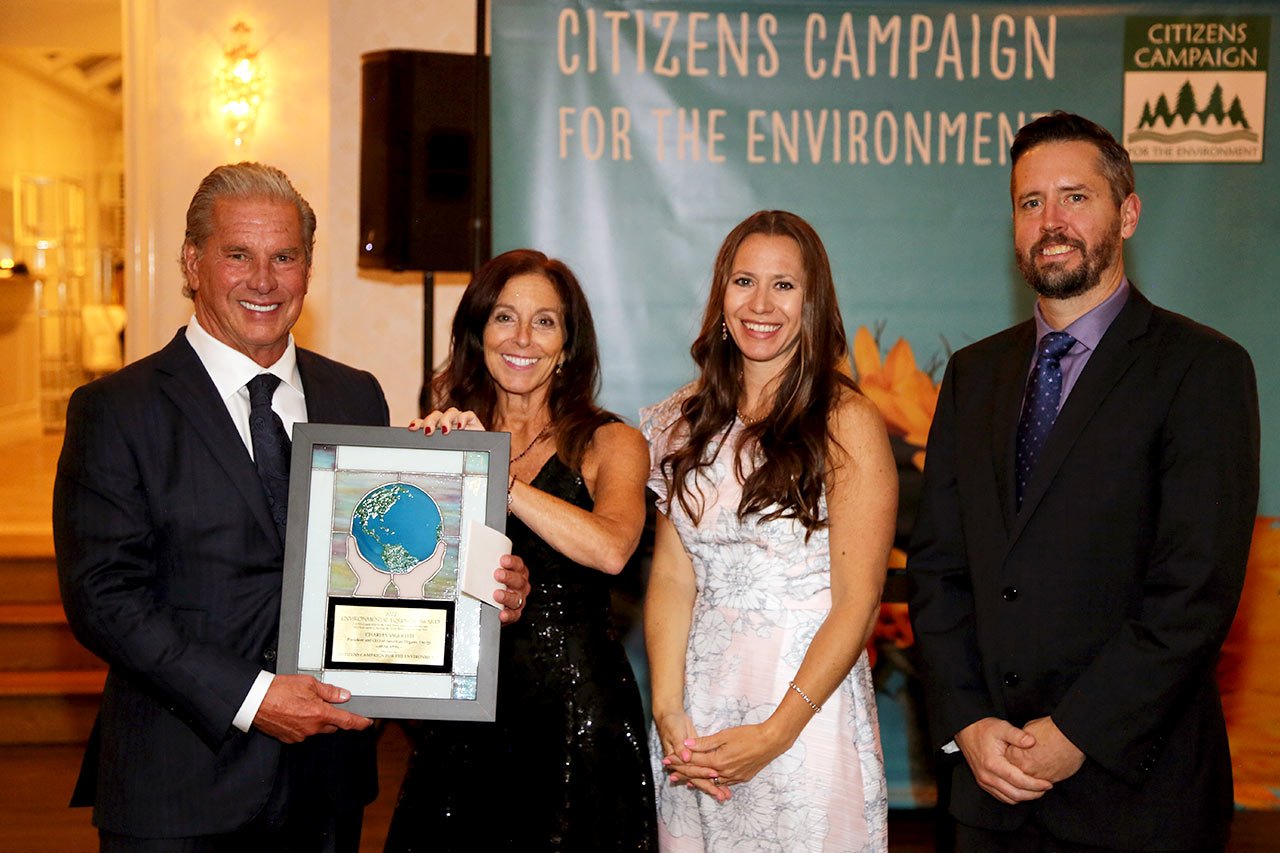As climate change continues to be a hot-button issue worldwide, focus has turned to the ways in which a 'green recovery' can help reverse the course of the economic downturn brought on by the novel coronavirus (COVID-19) pandemic.
While the cause has gained considerable steam in the United Kingdom, particularly, its effects have been far-reaching, with key players across the Atlantic being asked to pick up the mantle and continue this movement toward a more eco-friendly economy.
Renewable Energy Key to Green Recovery
The U.K.-based Anaerobic Digestion & Bioresources Association sees “unprecedented opportunity” for those groups making net zero pledges to double down on their efforts to integrate renewable energy alternatives into all subsequent stimulus plans, according to a message from Charlotte Morton, its chief executive. These include business corporations, economists, scientists, climate change committees, trade associations, and environmental groups, among others.
The recent collapse in the global price of oil triggered an existential threat to the fossil fuel industry, necessitating those who rely on it to explore renewable options to ensure long-term survival. Such an investment is projected to ultimately lead to greater financial and societal returns, resulting in millions of jobs generated over time; whereas continued reliance on oil and gas will only serve to further fan the winds of climate change.
According to an assessment by the International Energy Agency, renewables will be the only sector to grow in 2020. Globally, if this industry is enabled to reach its full potential, such efforts would deliver a 12% reduction in greenhouse gas emissions by 2030.
Recycling Industry Takes a Hit Due to Pandemic
In addition to upending our reliance on fossil fuels, the pandemic has created a surge in demand for plastic medical and protective equipment—single-use gloves, masks, and aprons, much of which must be discarded to limit the spread of the COVID-19 virus. This, along with increased reliance on plastic packaging, has resulted in an avalanche of waste sent for recycling.
This development would typically be seen as a positive; however, upon closer examination, such a narrative has proven to be less than accurate.
With the decline of international travel and industrial activity coming on the heels of recent global lockdowns, oil demand and prices plummeted. As most types of plastic resin are made from oil, the cost of manufacturing new plastic products dropped considerably, rendering the use of recycled plastic material economically foolish as it would needlessly oversupply the market.
This leaves the recycling industry as we know it at something of a standstill.
In order for waste management and recycling companies to turn a profit, taxpayers would likely be asked to bear a greater share of the costs, something unlikely to evoke support in the wake of the recent economic downturn.
The solution, a coordinated effort between both government and industry, would go a long way in maintaining progress in current recycling efforts. It’s imperative for consumers to be conscious of purchasing less goods packaged in unnecessary plastic, as well as more mindful of how such waste is separated in the home.
American Organic Energy’s proposed anaerobic digester is poised to play a pivotal role in this next phase of green recovery, as the facility will work to reduce harmful carbon emissions while systematically generating renewable energy, reducing our dependence on fossil fuels.
To learn more about this project and its environmental impact, contact American Organic Energy today.








